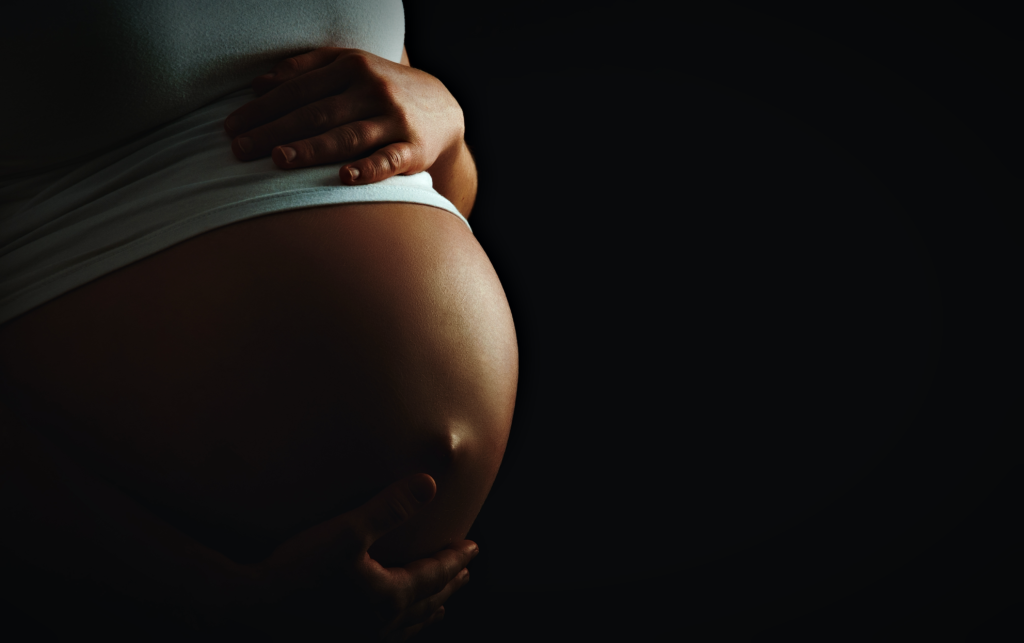This year’s World Patient Safety Day focuses on safe maternal and newborn care. Our Patient Safety Project Manager Ayo Chike-Michael reflects on why in the 21st century are women and children are dying before, during or after childbirth from largely preventable and treatable complications.
Globally nearly 5,400 stillbirths occur, about 810 women lose their lives and 6,700 newborns lose their lives on a daily basis (WHO, 2021).
So why do women die before, during or after childbirth? They die because of complications that are either preventable or treatable such as severe bleeding, infections, high blood pressure during pregnancy, delivery complications or unsafe abortion.
Newborns also die before, during or after childbirth. Why? From complications such as placental problems, bleeding, complications of pre-eclampsia, cord prolapse, liver disorder, genetic conditions infections, prematurity or low birthweight.
In the past 10 years, about 600,000 babies have been delivered yearly in NHS hospitals. In the UK, about 14 babies die before, during or soon after birth every day, one in 250 births is a stillbirth and 2,020 babies die within the first four weeks of life.
These incidents have a major lifelong impact on women and their families. These also significantly impact the NHS staff involved.
These figures are staggering, and NHS England and Improvement have launched a national programme to drive the improvement of maternity and neonatal safety which we are part of at the Health Innovation Network.
So what can be done?
We have been collaborating with ICHP and UCLPartners (the AHSNs covering the rest of London) as advocates for identifying and adopting best practices at the point of care to prevent avoidable risks and harm to all women and newborns during childbirth.
This Maternity and Neonatal Safety Improvement Programme (MatNeoSIP) sees us work with local maternity systems in south London to reduce the UK national rate of preterm births from eight to six per cent and to reduce the rate of stillbirths, neonatal death and brain injuries occurring during or soon after birth by 50 per cent by the year 2025.
Specifically the MatNeoSIP aims to :
- Contribute to the national target of increasing the proportion of smoke-free pregnancies to 94 per cent or greater by March 2023.
- Support the spread and adoption of the preterm perinatal optimisation care pathway across England by 95 per cent or greater by March 2025.
- Support the development of a national pathway approach for the effective management of maternal and neonatal deterioration using the Prevent Identify Escalate Respond (PIER) framework across all settings by March 2024.
- Work with key stakeholders to support the development of a national Maternal Early Warning Score (MEWS) by March 2021 and spread to all providers by March 2024.
- To support the spread and adoption of the Neonatal Early Warning Trigger and Track score (NEWTT) to all maternity and neonatal services by March 2023.
We continue to build on past experiences and successes such as PReCePT (Prevention of Cerebral Palsy in PreTerm Labour) as part of preterm perinatal optimisation care pathway. In addition to this one of our Innovation Grant winners piloted a free toolkit (the QUiPP app) to accurately predict the risk of preterm birth, which was rolled out five months ahead of schedule to support during the pandemic.
We have also responded to the pandemic by adapting our priorities to highlight that vaccination is the best way to protect against the known risks of Covid-19 in pregnancy for both women and babies. These risks include an increase in high blood pressure, premature delivery of the baby with the baby needing neonatal support and possible admission of the woman to intensive care (PHE, 2021).
On a personal level, women in pregnancy can speak to their health worker about how they can reduce safety risks during pregnancy and around childbirth. Just as importantly spouses or partners, families and communities can speak up for safe and respectful maternal and newborn care.
References
WHO – https://www.who.int/campaigns/world-patient-safety-day/2021
https://www.who.int/campaigns/world-patient-safety-day/2021/objectives
https://www.sands.org.uk/about-sands/baby-death-current-picture/why-babies-die
Pregnancy, breastfeeding, fertility and coronavirus (COVID-19) vaccination – NHS (www.nhs.uk)
ZOE study webinar on Pregnancy and Covid – https://www.youtube.com/watch?v=7vaJ-YS8H3o
https://assets.publishing.service.gov.uk/government/uploads/system/uploads/attachment_data/file/901085/nhs-resolution-2019-20-annual-report-and-accounts.pdf
https://digital.nhs.uk/data-and-information/publications/statistical/nhs-maternity-statistics/2019-20#key-facts
PHE, 2021 – Increasing vaccine confidence – Pregnancy and Fertility for both men and women
PHE,2021 – https://www.gov.uk/government/publications/covid-19-vaccination-women-of-childbearing-age-currently-pregnant-planning-a-pregnancy-or-breastfeeding/covid-19-vaccination-a-guide-for-women-of-childbearing-age-pregnant-planning-a-pregnancy-or-breastfeeding


